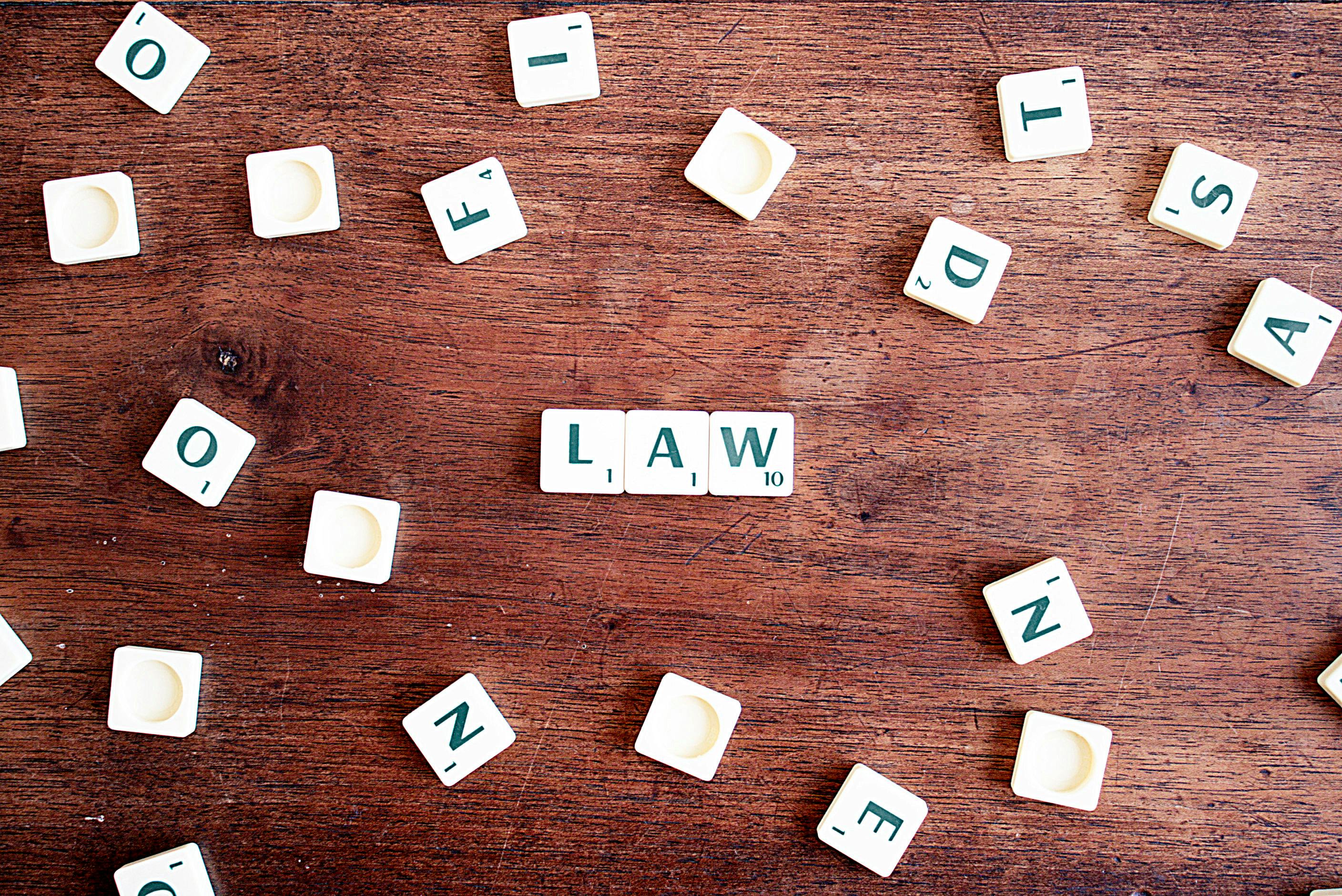Digital Evidence in Sex Crime Cases in Ohio
The Role of Digital Evidence in Sex Offense Cases Can Be Crucial

The Role of Digital Evidence in Ohio Sex Crime Cases
In today’s world, nearly every interaction leaves a digital footprint. In sex crime cases, text messages, social media, search histories, and device data can become critical evidence for both the prosecution and defense. If you’ve been accused of a sex offense in Ohio, you need to understand how digital evidence can impact your case—and how a skilled sex offense lawyer can use it to your advantage.
What Counts as Digital Evidence?
Digital evidence refers to any information stored or transmitted in digital form that could be relevant to your case. In sex offense investigations, common sources include:
- Text messages and call logs
- Photos and videos
- Social media content (Facebook, Snapchat, Instagram, TikTok, etc.)
- Dating app messages (Tinder, Grindr, Bumble)
- Internet search history
- Emails and DMs
- GPS and location tracking
- Cloud storage and backups
- Computer or phone metadata
- Dash Camera Footage from a car
Law enforcement in Toledo and Lucas County often work with cybercrime units and forensic examiners to recover deleted messages, extract device data, and build timelines.
How Prosecutors Use Digital Evidence Against You
Prosecutors will attempt to use your digital footprint to:
- Corroborate the accuser’s timeline
- Prove communication or contact with the alleged victim
- Show intent or state of mind (e.g., explicit messages or searches)
- Support claims of coercion or age misrepresentation
- Undermine your credibility if your story doesn’t align with the digital evidence
In some cases, even deleted messages or private DMs can be recovered and used in court.
How a Toledo Sex Crime Defense Attorney Can Use Digital Evidence to Help You
While digital evidence can be used against you, it can also be your best defense—if handled properly.
A skilled defense attorney can:
- Retrieve messages that prove consent, context, or innocence
- Challenge the authenticity or accuracy of electronic evidence
- Suppress illegally obtained digital data
- Identify metadata or device logs that contradict the accuser’s story
- Demonstrate false allegations, mistaken identity, or altered evidence
For example, a timestamped conversation or geo-tagged photo may prove you weren’t even in the same place at the alleged time of the offense.
Can Police Search Your Phone or Devices?
Yes—but only with a valid warrant or your consent.
If you are being investigated:
- Do NOT consent to a search of your phone or accounts without speaking to a lawyer
- Police may try to get access through intimidation or by asking “routine” questions or saying if you have nothing to hide then it shouldn't be a problem
- A criminal lawyer in Toledo can challenge unlawful searches or improperly executed warrants
How to Preserve Digital Evidence If You're Accused
If you’re accused of a sex crime:
✅ Do:
- Save all texts, emails, photos, or messages related to the accuser
- Screenshot conversations and back up phone data
- Let your attorney know if you use encrypted apps (Signal, Telegram, etc.)
❌ Don’t:
- Delete anything, even if you think it looks bad—it may appear as destruction of evidence
- Attempt to contact the accuser or edit past messages
📞 Charged or Under Investigation? Protect Your Digital Rights Now.
Digital evidence can make or break a sex crime case. If you’re facing charges or suspect you’re being investigated, a sex offense lawyer in Toledo, Ohio can act quickly to preserve and protect the digital data that could be key to your defense.
📞 Call Brian C. Morrissey, Attorney at Law at (419) 830-7441 for a confidential consultation
📍 Serving Toledo, Lucas County, Wood County, and Northwest Ohio


